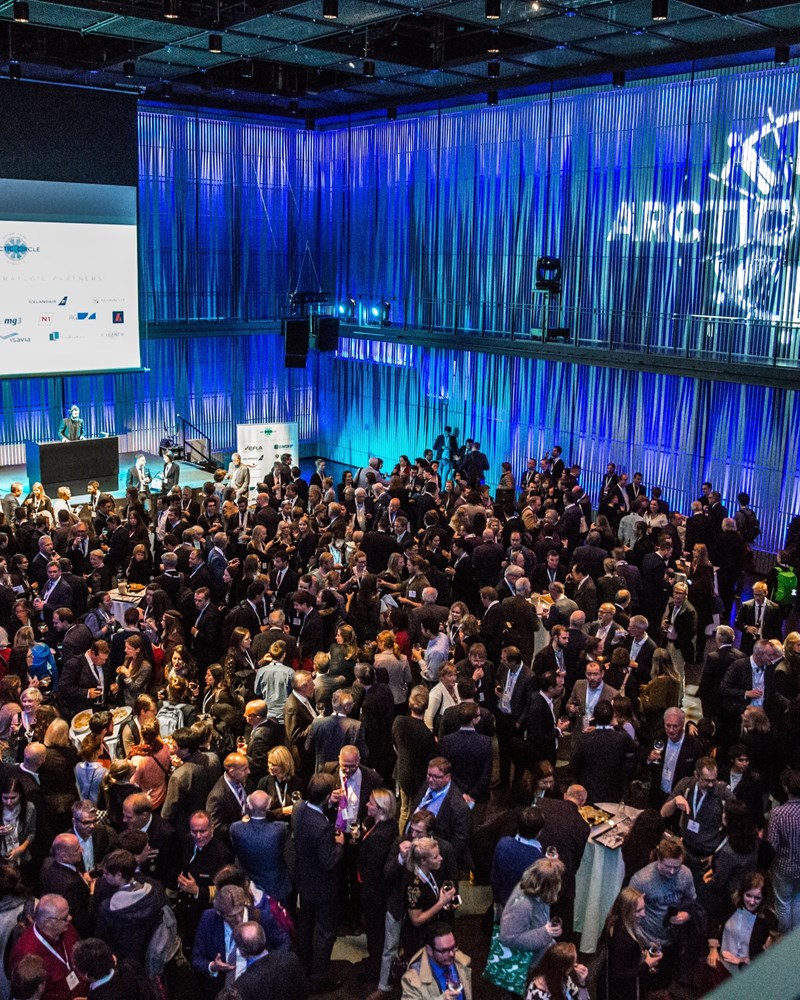Planning Our Low Carbon Future - Shared Experiences of National and City Spatial Planning
Organized by the Scottish Government 13. September 2017
As we move to a future where significant transformational change is required in response to climate change, spatial planning will need to show strong leadership and make sustainable decisions on land use and infrastructure. How can we make
Friday, October 13, 17:55 - 19:25
Location: Kaldalón, Ground Level
This session will allow us to share our expectations of how climate change challenges and opportunities could influence
Speakers:
- Fiona Simpson, Assistant Chief Planner, Scottish Government: Scotland’s National Planning Framework and Climate Change Plan – guiding transformational change
- Cathy Johnston, Group Manager, Development and Regeneration Services, Glasgow City Council: City planning for climate change – Glasgow
- Ásdís Hlökk Theodórsdóttir, Director, National Planning Agency, Iceland: Planning for resilience at the national level
- Björn Axelsson, Director of Planning, the City of Reykjavík Council: Sustainable
neighbourhood plans from a local perspective - Ólöf Örvarsdóttir, Head of Department of Environment and Planning, City of Reykjavik Council: Sustainable future
Discussion: What are the common challenges? What needs to change? How can we share innovation?
Chair:
- John McNairney, Chief Planner, Scottish Government

